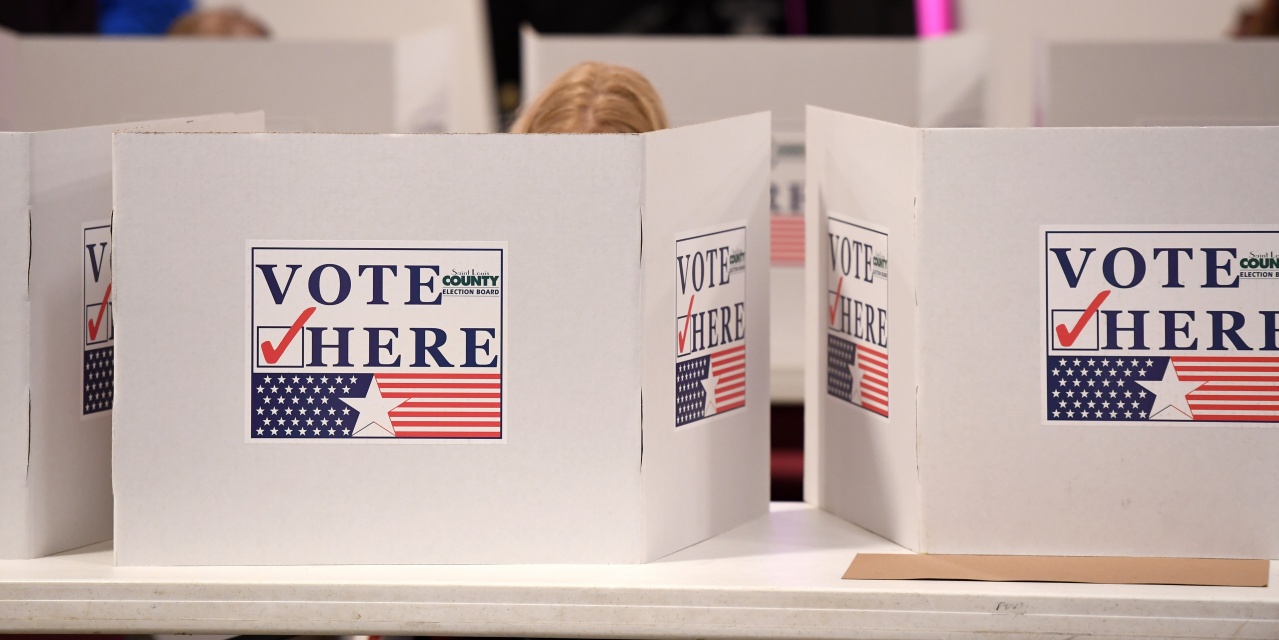In 2016, most Americans, and especially the chosen “elites,” were shocked when Donald Trump topped Hillary Clinton to win on election night. President Trump cobbled together enough votes in the right states to win a victory in the Electoral College, despite losing the popular vote. Part of the reason his upset was a surprise was incorrect polling.
In Wisconsin, the average final poll predicted Hillary Clinton to win by 6.5%. Donald Trump won by 0.7%. In Michigan, the final average poll predicted a Clinton win by 3.6%. Trump won by 0.3%. And in Pennsylvania, the final polling average had Clinton up by 2.1%. Trump was victorious by 0.7%.
Some speculate that the reason the polls were largely off on a state-level is because some Trump voters are “shy” and though they will vote for the president, they are unwilling to disclose that to a pollster.
But is there any evidence for the “shy Trump voter” or a “silent majority?”
A recent study says yes.
Dr. Leib Litman, Ph.D, and Cloud Research, a “leading participant-sourcing platform for online research and surveys,” set out to conduct a study in order to find whether poll respondents for the 2020 election were honest in telling pollsters about their vote.
The surveyors did not expect to find many voters who were willing to say that they wouldn’t tell the truth to a pollster. And yet, their results were surprising.
The study, published on August 28, 2020, found that more Trump voters were unwilling to tell pollsters about their honest choice for president than Biden voters were.
The researchers asked 1,000 participants, “Are you comfortable in truthfully disclosing the presidential candidate you intend to vote for in a telephone poll?” Then, they allowed time for an open-ended response to hear the reasoning behind their answer.
The study found that “11.7% of Republicans say they would not report their true opinions about their preferred presidential candidate on telephone polls.”
This was compared with “just 5.4% of Democrats [who] say they’d be reluctant to share their true voting intentions.”
After that, the researchers inquired as to the respondent’s preferred presidential candidate and found that “10.1% of Trump supporters said they were likely to be untruthful on phone surveys — double the number of Biden supporters (5.1%) reticent to share their true intentions.”
In other words, according to this survey, 5% more Trump supporters are normally unwilling to share their real voting preference with a pollster than Biden supporters are. This gap could be enough to swing elections in some states.
Here are some of the reasons that voters said they weren’t willing to share their real voting intent:
“I don’t believe the information would be confidential and I think it’s dangerous to express an opinion outside of the current liberal viewpoint.
“Well I probably wouldn’t give my opinion period, but if pushed, I would not give my real opinion for fear of reprisal if someone found out.”
“I do not discuss politics — let alone with a total stranger on the telephone.”
Dr. Litman wrote in his analysis, “The results could have implications in terms of the true accuracy of phone polls; if Republicans, Independents and supporters of Donald Trump (regardless of party affiliation) are less likely to participate in polls or accurately disclose the candidate they support, that inherently generates biased poll outcomes.”
“Given razor thin-margins in the swing states, such bias may have important consequences, although more research is required to fully understand the potential magnitude of this effect,” he added.
Robert Cahaly, chief pollster at The Trafalgar Group, which Real Clear Politics describes as “one of the most accurate polling operations in America,” also believes many Trump supporters are not willing to tell pollsters the truth.
Trafalgar was practically the only pollster to correctly call Pennsylvania and Michigan for Trump in 2016.
He attempts to get a voter’s real preference by asking respondents how they will vote, and then who they believe their neighbors will vote for. Sometimes, people are only willing to disclose their true voting intent when they can put their real preference on someone else, in this case, their neighbors. He calls this phenomenon “social desirability bias.”
Compared to 2016, social desirability bias is “worse than it was four years ago,” Cahaly has said, leading to the possibility that polling errors could be even larger this election cycle.
We will find out in just 18 days.
To make sure you are registered to vote and to learn more about the candidates, visit The Daily Citizen’s Election 2020 page by clicking here.
You can follow this author on Twitter @MettlerZachary
Photo is from Shutterstock.






